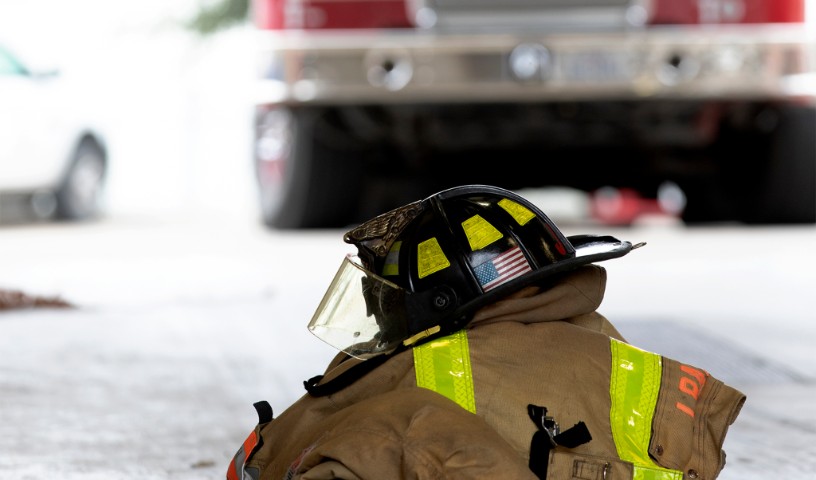Suicide prevention awareness and the emergency responders family
September 21, 2023

Over the years, I have had the distinct pleasure of interviewing thousands of first responders and their families. Although not all of the interviews were geared toward critical incidents, eventually all discussions ended there. If the responders weren’t personally involved in a critical incident, they were witness to one or they knew someone who had been involved in one. Every single responder has an emotional scar as a result.
Interestingly, most of the couples and their children made it through the trauma intact. Their families aren’t fractured, their relationships are stronger, and they can now help others understand what it takes to emotionally survive a traumatic experience. As a responder, you can choose to read this, digest it and move on. I suggest you do more than that; share this with your loved ones.
To survive a traumatic on-the-job experience, you are going to need information and forethought. This will help you make a plan. I am sharing with you what I heard from the responders and their families: what they needed most, what the people around them needed and what their departments needed to provide.
It’s easier than you think, and it’s something every illness or injury needs: a CURE – Communicate, Understand, React, and Educate. Four simple steps applied before and after a critical incident could change your outcome.
Communicate
- Create a routine that allows the family to discuss issues, reward honesty and establishes emotional boundaries.
- Find out what it takes to get them to safely confide in you.
- Know when to talk and when to listen.
- Discuss everything – end of life wishes, emergency contacts, who’ll pick the kids up from school
Understand
- What are your health, life and disability benefits?
- Are there pension caps?
- Who makes the care decisions in the event of an injury? You or the city?
- Is PTSI considered a disability?
- Is your department prepared to support you in the aftermath of a critical incident? If not, who can help you get them up to speed?
React
- Acknowledge the problem.
- Do not wait for help to come to you or for your department to guide you. Tell them what you need.
- Ask for follow-up care. Going to a debriefing will do no good if the care they provide ends when you go back home.
- Manage your well-being: emotional, physical and spiritual. Create a plan to safely come out on the other side, and then execute it. No matter what.
- Do not accept anything less than what you need to get well; be prepared to fight for what you need
Educate
- Learn the signs and symptoms of PTSI, now.
- Find local support – know where you are going to turn when you need help.
- Ask other responders who have been through trauma what they suggest; everyone I spoke to wants to help other responders.
Tell every single responder, wife and family member about your experience. Tell them what support you needed, tell the department what they could have done better. Every person you tell will be better educated and they will educate someone else. This will make things that much easier for every responder that comes after you.
Although this is not a comprehensive list of what you will need to prepare yourself, every single responder I have spoken with has stressed the four main points – Communicate, Understand, React, and Educate. Most importantly, you must do this as a team. The responder cannot survive a traumatic incident on his or her own; he/she will need help. Nothing can ever completely prepare you for what you will see and do on the job, or what will happen if you are injured. But you can learn from the men and women who have been there. You can make it more manageable.
I am grateful to the support of FirstNet, Built with AT&T to First HELP. Our collaboration allows us to continue to support the families of first responders and advance our mission to advocate, educate, listen, and respond.
Karen Solomon is the President and co-Founder of First HELP, an organization committed to addressing suicide in public safety through education, advocacy, and data analysis. Karen is a proud spouse to a first responder and is committed to helping create a culture of wellness in emergency responder organizations.
